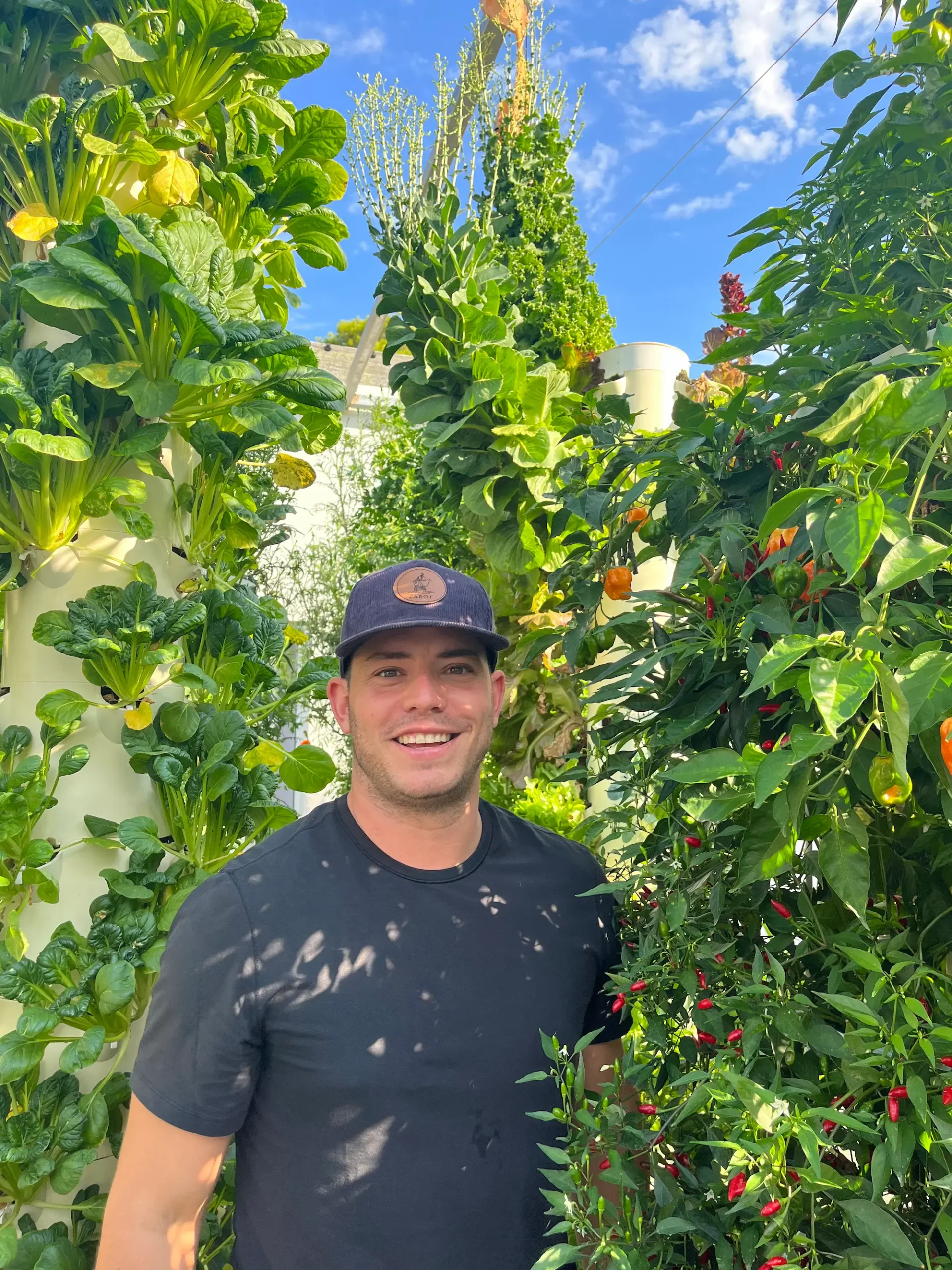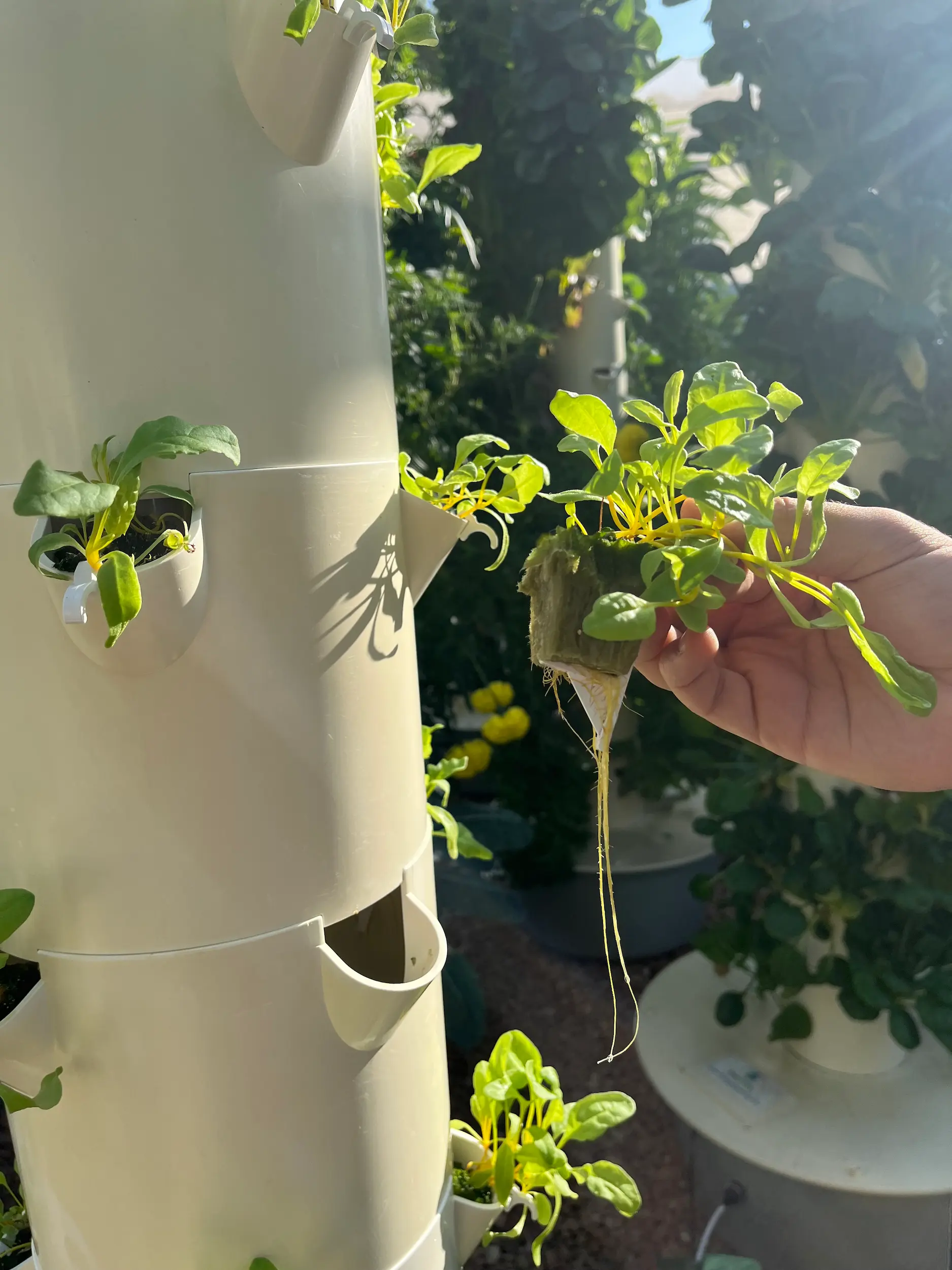Urban farming is one such solution that has gained traction in recent years, offering a range of benefits that extend beyond just providing fresh produce.
One of the most significant advantages of urban farming is its ability to reduce the carbon footprint associated with traditional farming practices. By cultivating crops in urban areas, we can eliminate the need for long-distance transportation and reduce the amount of packaging and waste generated by the food industry. This not only benefits the environment but also helps to support local economies and food systems.
Urban farming can also help to address the issue of food insecurity, which affects millions of people around the world. By growing fresh produce in urban areas, we can provide access to healthy and affordable food options for those who may not have access to it otherwise. This can be especially important in low-income neighborhoods where fresh produce may be scarce.
In addition to its environmental and social benefits, urban farming also has the potential to promote healthy and sustainable lifestyles. By encouraging people to grow their own food and connect with the natural world, urban farming can help to foster a sense of community and promote physical and mental well-being.
Of course, there are challenges associated with urban farming, including space limitations, zoning regulations, and the need for specialized equipment and expertise. However, as technology continues to advance, we are seeing more innovative solutions being developed that can help to overcome these obstacles.
A prime example of this is aeroponic vertical farming, which involves growing crops in stacked layers using nutrient-rich water and LED lighting. This allows for high-density farming in limited spaces, making it an ideal solution for urban environments.
Overall, urban farming has the potential to transform the way we think about food production and consumption. By embracing this sustainable practice, we can support local communities, promote healthy living, and protect our planet for generations to come.


